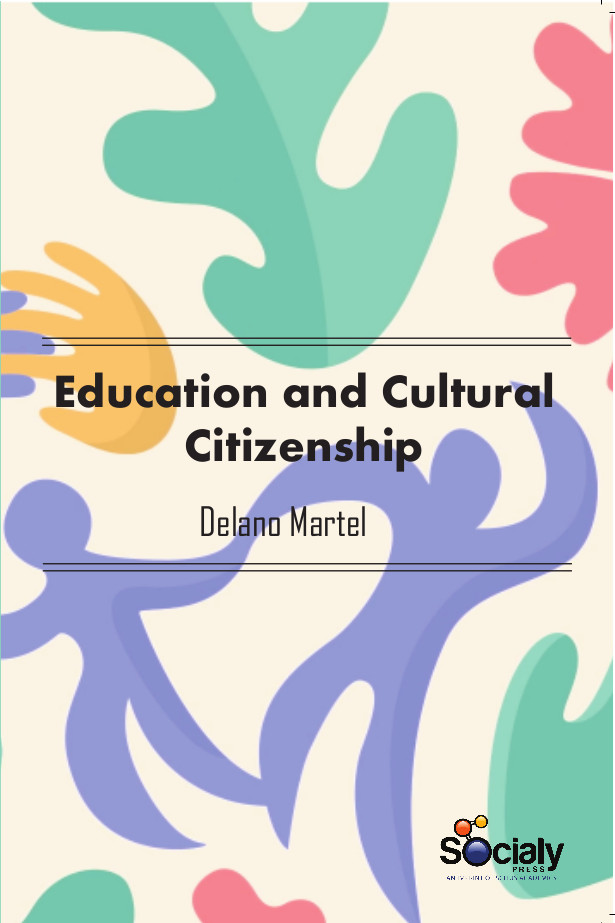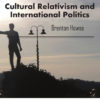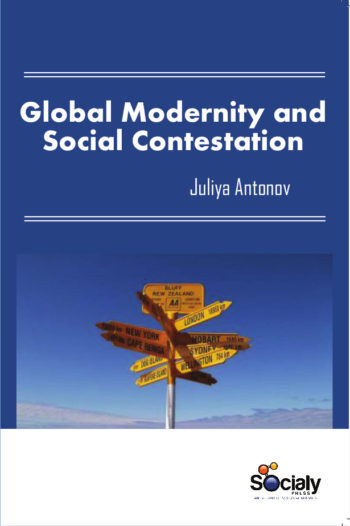Cultural citizenship is a concept whose time has come. The notion of cultural citizenship initially developed in the 1980s, in part to bring greater multicultural emphasis to discourses of race in the United States that stressed black and white dichotomies. Following on from political citizenship–the right to reside and to vote–and economic citizenship–the right to thrive and prosper–it insists on a right to communication and to the representation of cultural difference. Of course, citizenship has always been cultural. Citizenship, after all, is about more than political rights and responsibilities. It is also a matter of culture. Cultural citizenship has been part of a broader discussion on cultural pluralism that began in the United States at the beginning of the twentieth century. Since then pluralism has undergone at least three noteworthy transformations, beginning with, during the first quarter of the twentieth century, attempts to preserve primarily European immigrant cultures vis-à-vis the state, followed by the integrationist civil rights movements of the 1960s and 1970s, and lastly, the mainstreaming of “difference” and a multiculturalism that began in the 1980s. Never intended to destabilize the authority of the nation-state or its ideology, these “politics of difference” have
helped give voice to American democratic citizenship.
Education and Cultural Citizenship compiles the major developments in the social and political theory of education. It provides a global introduction to the major studies within the field and delivers a continual argument for a democratic and normative view of education. This Book indeed outlines an idea of the good society that seeks to describe the gradual evolution of an educated and participatory democracy. The long revolution links ideas of education, political participation and the construction of a culture in common.













